Thinking about suicide (suicidal thoughts), or suicidal ideation is the act of making plans to harm oneself. One can have detailed plans to have a fleeting thought. In this case, the suicide act is not included. Suicidal thoughts are common in times of stress or when someone faces challenges with their physical or mental health.
An underlying problem causes suicidal thoughts. Getting help is often the first step towards a successful treatment. When someone you love has these thoughts or talks about suicide, you must act to protect and help them. Find out how to seek assistance if you are having suicidal thoughts in this article’s last section.
Read: Thought disorder
Symptoms
People who have or may have suicidal thoughts might exhibit the following symptoms or signs:
- A feeling of hopelessness, trappedness or entrapment
- Being tortured by unbearable emotions
- Death, violence or violence being preoccupied
- Shifting from happy to sad moods
- Retaliation, guilt or shame
- Anxiety or agitation
- Any changes in sleep habits, routines or personality
- Increased drug or alcohol use
- Taking drugs or driving recklessly are examples of risky behavior
- Giving things away and making their affairs orderly
- Guns or other substances with the potential to end lives
- Feeling depressed, anxious or having trouble concentrating
- Self-isolation
- Worrying about burdening others
- You may pace or wring your hands while feeling agitated
- Goodbyes as if they were the last
- Loss of pleasure in previously pleasant activities, such as eating, exercising, interacting with people, or having sex
- Self-criticism and severe remorse
- Suicide or death talk
- Regretting being born
Most people with suicidal thoughts are secretive and do not show any signs that they are struggling.
Read: Rumination Disorder
Causes
Someone who feels overwhelmed by an overwhelming situation may be prone to suicidal ideation. It could be due to financial hardships, the loss of a loved one, the ending of a relationship or a debilitating illness or condition.
Suicidal thoughts may also be triggered by grief, sexual abuse, financial problems, remorse, rejection or unemployment. Suicide ideation may be influenced by the following factors:
- Violence or suicide in the family
- Abuse, neglect, or traumatized childhood in the family
- Mental health issues in the past
- Feelings of hopelessness
- Suicide knowledge, identification or association
- Taking risks or acting recklessly
- Being alone or feeling isolated
- Without family support or a home environment for LGBTQIA+
- Mental health problems are not being treated
- You lost a loved one, your work, friends or finances
- Physically ill or in poor health
- Possession of a gun or other lethal weapon
- Fear of stigma or not seeking help
- Stress caused by discrimination and prejudice
- Communities and cultures that have been destroyed as a result of historical trauma
- Suicidal attempts in the past
- Being bullied or traumatized
- Suicide accounts that are graphic or sensationalized
- People who have been exposed to suicidal behavior
- Having legal issues or debt
- Using drugs or alcohol
Read: Financial Stress
According to researchers, the following conditions increase the risk of suicidal thoughts:
- Depression
- Schizophrenia
- Bipolar disorder
- Aggression and other personality characteristics
- Factors affecting relationships
- Traumatic brain injury
- Chronic pain conditions
- Alcoholism or drug addiction
- Borderline personality disorder
- Post-traumatic stress disorder
Read: Economic Depression
Risk factors
It is true that attempted suicides are more prevalent among women, but men are more likely to complete suicides since they typically use lethal methods such as firearms to end their lives.
Suicide may be risky if you experience any of the following:
- Suicide attempt in the past
- Have a feeling of hopelessness, worthlessness, agitation, social isolation, or loneliness
- Life events that can be stressful, such as losing a loved one, being deployed, getting separated, or having financial and legal problems
- Suicide thoughts can be worsened by substance abuse problems, making you feel reckless and impulsive enough to act on them
- Access to firearms and suicidal thoughts
- Mental disorders such as major depression, posttraumatic stress disorder, or bipolar disorder may impair the ability to function
- You may have been abused physically or sexually in the past. You may also have a family history of mental disorders, drugs, or suicide
- Depression and suicidal thinking can be caused by chronic or terminal illnesses, chronic diseases or chronic pain
- People with unsupportive families or environments who identify as lesbians, gays, bisexuals, or transgender
Children and teenagers
It is possible for children and teenagers to commit suicide after experiencing stressful events in their lives. Adults may perceive problems in school or loss of a friend as minor compared to what a young person sees as serious. There are certain life circumstances that may trigger suicidal thoughts in children or teens, including:
- Mentally ill, including depression
- Friendships or family relationships are lost or conflicted
- Sexual or physical abuse history
- Alcoholism or drug abuse
- Pregnancy or sexually transmitted infections are examples of physical or medical issues
- Having been bullied
- Uncertainty about sexual orientation
- Suicide stories or hearing about peers who have committed suicide
Suicidal thoughts and intentions can be identified by asking about them if you are concerned about a friend or family member.
Suicide and murder
In some cases, suicidal people harm others before killing themselves. The following are some risk factors for murder-suicide, also referred to as homicide-suicide or homicide-murder:
- Conflicts with spouses or romantic partners
- Financial or legal problems in the family
- Psychological problems, especially depression
- Abuse of alcohol or drugs
- Access to firearms
How to stop suicidal thoughts

Families and friends may notice signs of suicide ideation through a person’s speech or behavior. They can support the person by providing appropriate support and talking with them.
Eliminate lethal suicide methods
If you are concerned that you might act on suicidal thoughts, get rid of firearms, knives or dangerous medications.
Take medications as directed
It is possible to have suicidal thoughts when you start taking antidepressants, especially at the beginning. Take your medications as prescribed by your doctor and never stop taking them or change your dose without first consulting him or her.
Suddenly stopping your medications can cause you to feel more suicidal. Withdrawal symptoms may also occur. Discuss other options with your doctor if you’re experiencing negative side effects from your current medication.
Read: 9 Different Ways to Control Overthinking
Don’t use drugs or drink alcohol
The temptation to use illegal drugs or drink alcohol can be strong during challenging times. Suicidal thoughts can become worse if this is done. When you feel hopeless or think about suicide, you need to avoid these substances.
Don’t give up
Know that you can deal with your problems even when they seem dire. Some people have attempted suicide yet were able to survive, only to later be thankful they survived. Even if you are suffering from severe pain, you should be able to survive suicidal feelings. Taking your time is the best way to avoid making mistakes.
Contact someone
Self-management of suicidal feelings is never advisable. Suicidal thoughts can be more easily overcome with professional help and support from loved ones.
Suicidal feelings can also be managed with the help of numerous organizations or support groups. Even if you consider suicide as a solution to resolving stressful life events, they may help you realize it isn’t the best option.
Read: How to Help Someone with Depression
Observe warning signs
Find out what triggers your suicidal thoughts with your doctor or therapist. Identifying danger early and taking appropriate action will help you avoid harm. Families and friends should also be aware of the warning signs so they can help when needed.
To help someone who might be going through a crisis, the National Institute for Mental Health provides the following tips:
- Inquire if they have thoughts of suicide. There is no risk associated with asking.
- Whenever possible, you should stay nearby and remove any tools that might be used to commit suicide, such as knives.
- Give them your time and attention.
- You can suggest calling a helpline or contacting a friend, family member, or spiritual mentor who can offer support.
- Keeping in touch after a crisis has passed may reduce the likelihood of a recurrence.
Keep emergency contact information on hand as well. One may speak to a friend, call a helpline or go to a doctor.
Read: How to Overcome Analysis Paralysis
Suicide Prevention
You should immediately get help if you know someone who could harm themselves, harm others, or cause harm to others.
- Do you consider suicide?”
- Listen to the person without judging them.
- To reach a trained crisis counselor, dial 911 or the local emergency number, or text TALK to 741741.
- Keep the person company until professional help arrives.
- Remove all potentially harmful items, such as weapons, medication, or any other objects.
Suicide prevention hotlines can assist in those contemplating suicide or those with suicidal thoughts. Call 800-273-8255 for help 24 hours a day. People with hearing impairments who need help in an emergency can dial 800-799-4889.
Seek help: Mental Help Resources
Treatment
Suicidal ideation is symptomatic of an underlying problem. Often, taking medications or undergoing talking therapies, such as cognitive behavior therapy, can be helpful.
The sooner a person seeks treatment for mental health issues, the better.
Follow your treatment plan, attend follow-up appointments, and take medications as directed by your health care provider once treatment has started.
Reducing the risks
The ability to listen to someone and help them engage with healthcare professionals can be incredibly helpful.
As per the Centers for Disease Control and Preventions (CDC), suicidal feelings may be reduced if you:
- Health care, including addiction treatment
- Support for overall health and wellness
- Community and family ties
- Problem-solving and dispute-resolution skills
- Encouragement of self-preservation and discouragement of suicide
- Life purpose and self-esteem
Read: Major Effects of Bullying on Mental Health
Suicide ideation may be helped by the following:
- Support workers, family members, and friends can help someone cope with feelings
- Meeting a loved one’s health provider and possibly attending sessions with them
- Limiting or avoiding the use of alcohol and recreational drugs
- Keeping in touch with others as much as possible
- Exercise regularly
- Maintaining a healthy diet
- Getting at least 7–8 hours of sleep per night
- Avoiding easy access to guns, knives and potentially harmful substances
- Trying to find pleasure in things like music and nature
- Getting treatment and adhering to it
- Prescription drug use and monitoring for side effects should be done according to your doctor’s recommendations
Suicidal thoughts might cross the mind of many people from time to time. Sometimes, getting a support worker or your healthcare provider involved in your problem can help.
Read: How to Stop Overthinking
How to help
Be aware of all signs of suicide. It may be possible to save a life with your support and involvement.
If you are worried about someone, don’t be afraid to inquire about suicide, depression, or problems. The person won’t act based on their feelings just because you talk about it. Suicidal thoughts might actually be eased by this, and you may be able to determine if further action is necessary.
It is important to encourage the individual to seek mental health treatment as soon as possible. Suicide prevention lifelines are available 24/7. Call 800-273-TALK (800-273-8255) to speak with a trained counselor.
Statistics
U.S. suicides rank tenth in terms of causes of death. The American Foundation for Suicide Prevention has documented over 48,000 suicides as a result of it in 2018.
People aged 10 to 34 in 2017 ranked it second in terms of causes of death. It seemed like twice as many suicides occurred as homicides.
Outlook
When having suicidal thoughts, you should first promise yourself you won’t do anything until you get help. Some people have survived suicidal thoughts and have been very grateful that they survived.
Whenever you are having difficulties dealing with suicidal thoughts by yourself, it’s important to talk to someone. You can start realizing that you are not alone during this difficult time by seeking help.
Suicidal feelings are often a sign of depression or another mental illness. Talk to your doctor if you suspect you may be suffering from depression. To work through the challenges posed by your condition, your doctor can prescribe treatment and refer you to a certified counselor. Many women and men who were once suicidal have managed to overcome their thoughts and live full and happy lives as a result of therapy and medication.
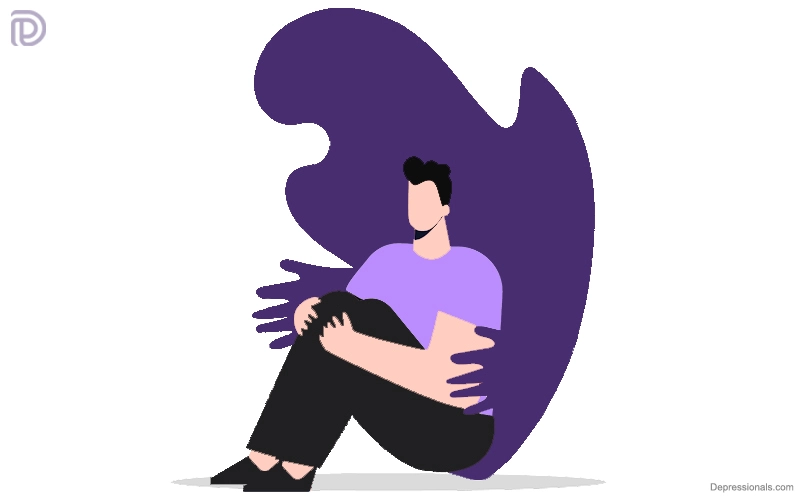
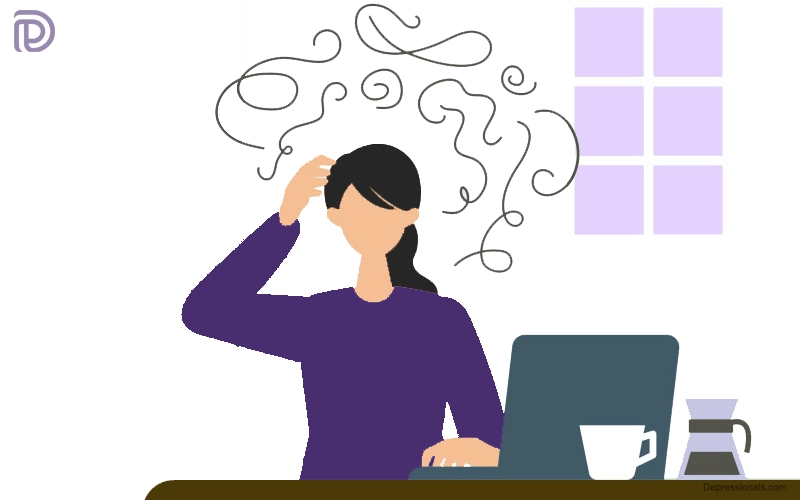
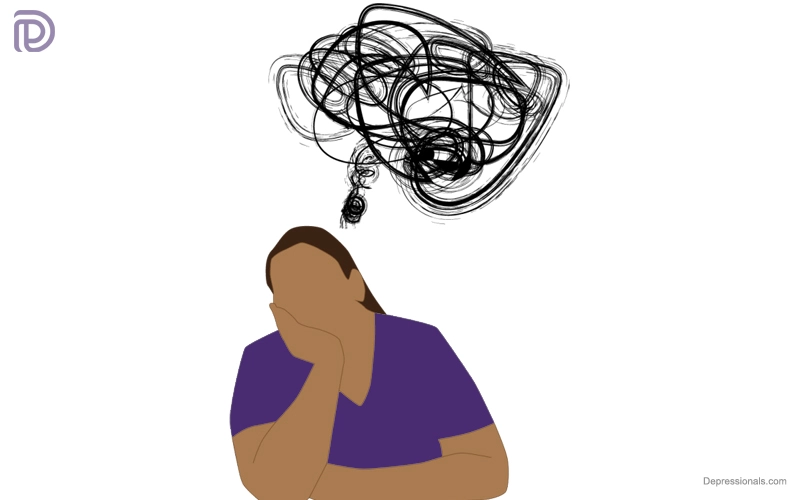
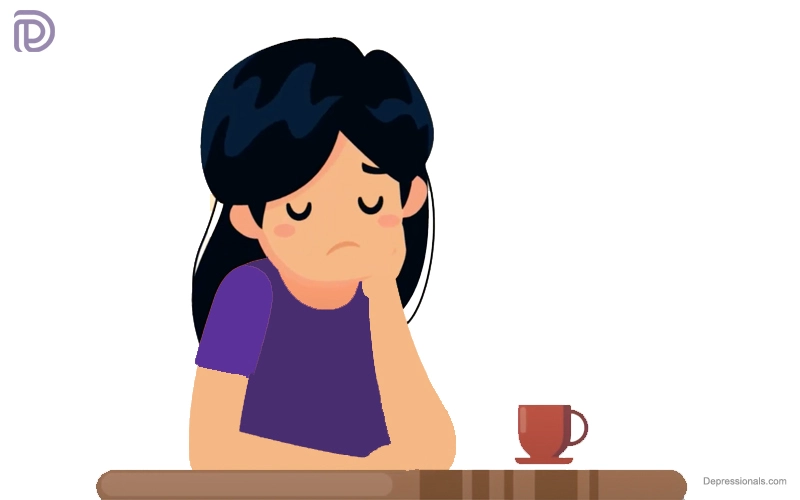
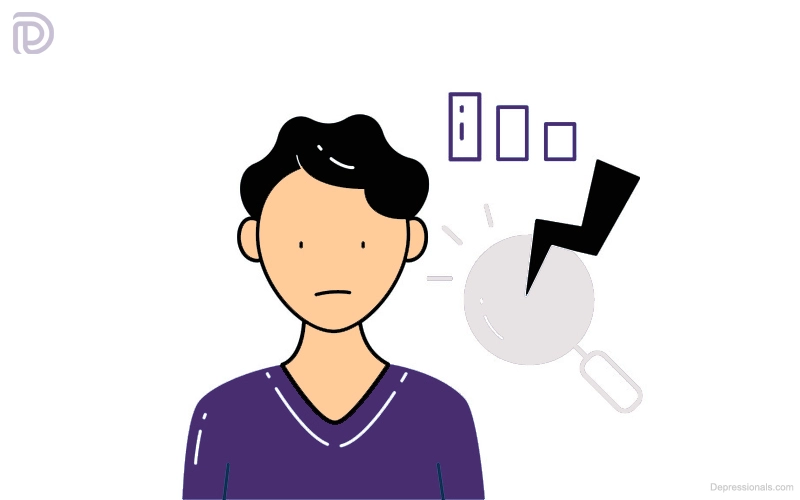

Positive site, where did u come up with the information on this posting?I have read a few of the articles on your website now, and I really like your style. Thanks a million and please keep up the effective work!
I’m not sure where you’re getting your info, but great topic. I needs to spend some time learning more or understanding more. Thanks for wonderful information I was looking for this information for my mission.
I have not checked in here for some time as I thought it was getting boring, but the last several posts are great quality so I guess I will add you back to my everyday bloglist. You deserve it my friend 🙂